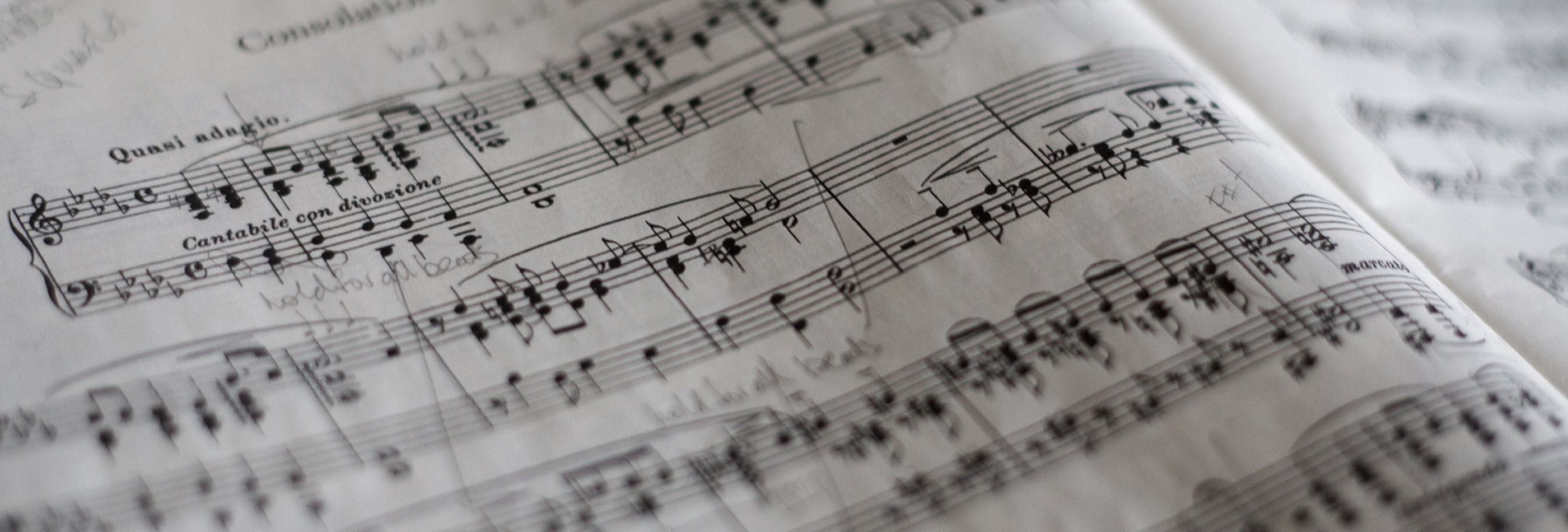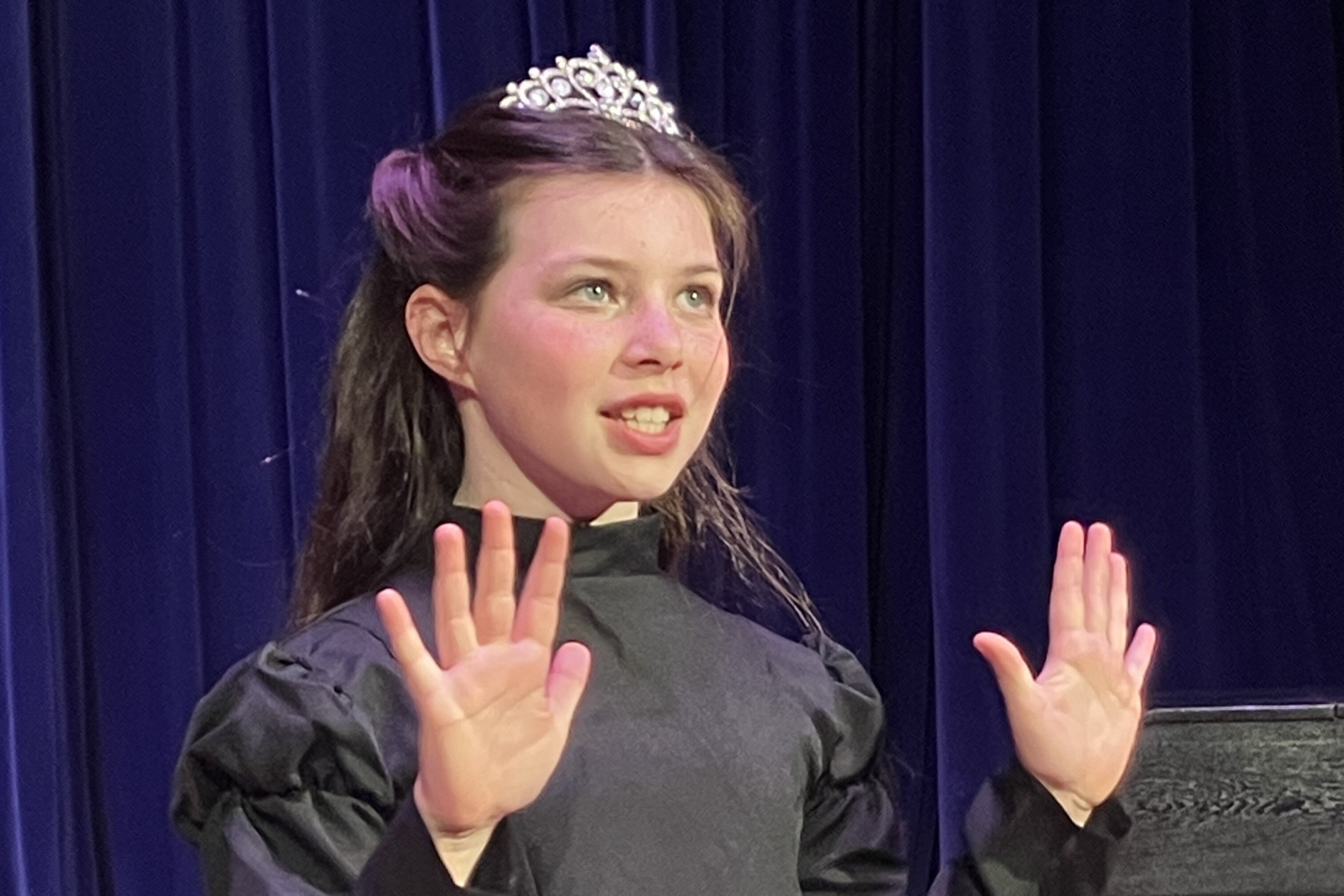
Empowering transformative & relevant musical knowledge in our students

BY: John Molloy
17 November 2021
This week we explore the benefits of studying music theory in conjunction with practical instrumental work.
As music teachers we recognise the enjoyment music gives us all, and our desire is to share this with our students. Whilst our starting point as teachers and musicians is always supporting our students to develop a personal and intrinsic love of listening to, making, and playing music first, developing an understanding of aspects of musical literacy such as reading and interpreting notation can support students in further developing their connection with the music they enjoy.
Misconceptions often arise over why we study music notation. It might be understood to being critical in order to be identify as a ‘serious’ musician. However, there are many musical styles and genres which happily exist and thrive without the need for being enshrined within Western notation, and many highly successful musicians who don’t rely on being able to decode it. In fact, the learning of reading and writing notation is often introduced too early in a learner’s journey and can become a barrier to engaging with music-making in the early stages of their musical learning.
Does this mean we should abandon the written language and focus on ear-led teaching only? Polemical positions such as this in music are rarely solved by taking only one approach or the other! Quite the contrary; developing musical literacy skills should be part of the broad spectrum of skills and understanding we want our students to acquire, matched with great aural awareness, interpretation and performance, and a delivery rich in musical communication.
Maybe the greater question for us to answer is ‘how do we make music theory and the knowledge of written music relevant to our students and inspire a desire to learn it?’. It is key to move to a place where musical literacy does not have to be the ‘dark art’, an inaccessible language that is only open to people ‘in the club’. So how might this look?
Musical literacy is best understood by introducing it as part of a practical, performance-based approach. To take a language metaphor, it is often easier to speak something before learning to write it, and in the same way, a student will more often understand a musical concept by playing or singing it before seeing how it is written on the page. In the ‘Musical Knowledge’ questions in Trinity College London’s music syllabuses, learners are asked questions of the performance pieces they bring to the exam – those which they already have been immersed in playing and practising over time – and are invited to demonstrate their understanding of various musical concepts within them through discussion with the examiner. In the exam, candidates can choose which piece they would like to be asked about first, to help put them at ease. Examiners then choose a second piece for the remaining questions.
In practice, in early grades questions focus on key musical features like:
- the names of notes
- note time names
- basic signs and symbols seen in the score
- time and key signatures and tempo markings.
By grade 2 and 3 questions can include:
- recognising intervals
- notes on ledger lines
- relative major and minor keys
- identifying scales or arpeggiated patterns within the pieces chosen.
By grades 4 and 5 in addition to questions from earlier grades students can be asked to:
- recognise modulations/key changes
- harmonic structures within a piece (tonic, dominant etc.,)
- the naming of more advanced intervals
- awareness of style, period and any compositional structures used.
Each syllabus has sample questions upon which a teacher can build, embedding questioning into their lessons over time.
Musical Knowledge questions assess the student’s general musical understanding and questions can be asked in different ways. The best way to prepare a student for this is with a broad understanding of the rich musical concepts we as teachers desire them to develop, relative to the grade being studied. To further support the development of this type of musical knowledge and understanding, graded music theory workbooks dive further into everything a student needs to know at each level and can be a fantastic companion to practical learning.
Our challenge as teachers is to support the development of the key skills that musicians require, including aural mastery, great instrumental skills, playing and making music that inspires the learner, improvising, composing and understanding how to talk about music, read and write different types of notation – hopefully inspiring the next generation of musicians and music enthusiasts.
Find out more about the Musical Knowledge section of our face-to-face exams, and our Theory of Music options.
Image by Marius Masalar


.png)

Comments & Replies